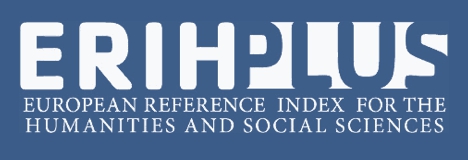Fiscal Policy is Simply Instrument that Bring Money for Developing in Country
Abstract
In the context, As a result of several reforms fiscalism domain throughout in period of the twentieth century, which accelerated decade during the 1980s and 1990s, the tax system of today’s whatever countries can nowadays, in its main architecture, be considered as a modern system for the first, and then similar to what practice in all countries with external economies. My aim is realize article in terms of implementation to manage an alternation of tax management by intrinsic policy and managerial policy of the system of contribution for all. By the methodology, including the way takes the information and statistical technique, inference of results and discussion, the sources and architecture of study. Fiscal policy discussion is a mechanism that brings in money, because, while waiting for a better solution, it is the only pragmatic way for governments to obtain the adequate financial resources they need to offer products and state services required by a majority of the population. The underpinning of an adequate tax system is, for underdeveloped countries, a gigantic challenge. In fact, most laborers found within the country for the economic activities of these countries are, in principle, employed in agriculture or in small informal firms. Since they are difficult to receive a fixed and regular amount, their income varies constantly and is often paid in cash, sometimes falls short of any accounting record and complicates the calculation of the income tax base. At last taxation policy is to carry out policies for the registration of these companies there. The major need of a country for financing for development is to recognize the fiscal resources that are the epicenter of any state.

This work is licensed under a Creative Commons Attribution-NonCommercial 4.0 International License.













.jpg)








